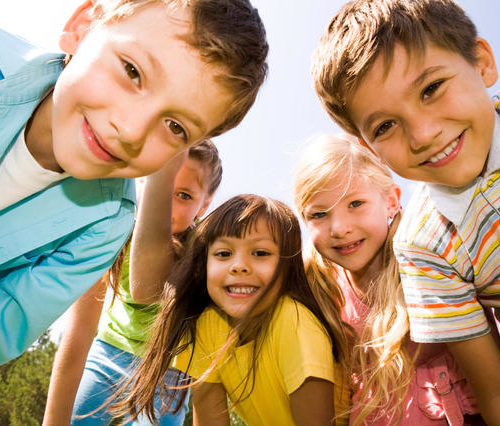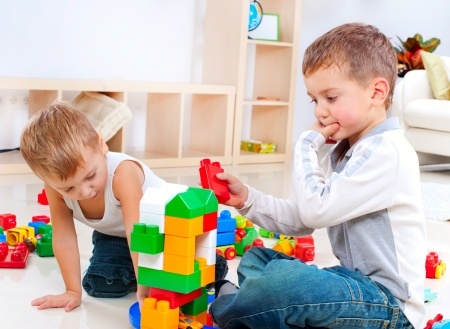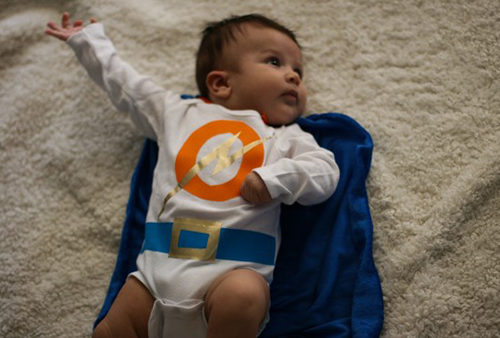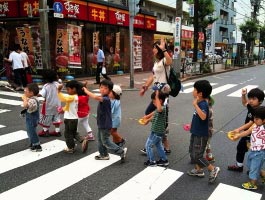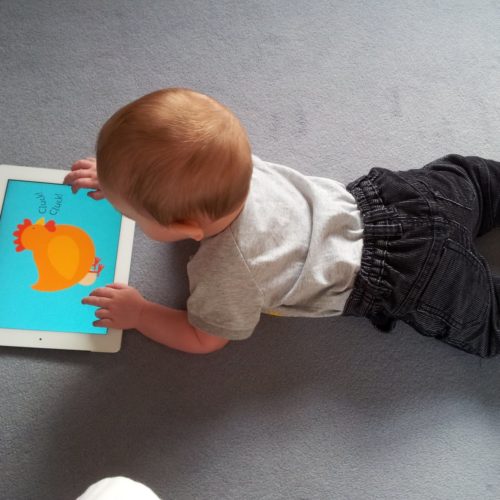Language allows info to rapidly pass from one person to another. This exchange of data allows millions of people to adapt rapidly and together to sudden environmental changes. Complex behaviors that are sometimes necessary for survival are learned simply by listening to other people speak. The transfer of info, and thus of ideas, is a...
Mese: <span>Aprile 2017</span>
OUR CHILDREN’S FRIENDS
The enormous attraction that almost all children and teenagers feel for the world outside home is necessary if they are to form bonds, enter society and face the world. It is a strategy dictated by nature and evolution. Children have their rules, traditions, language and games. Their aim is not that of becoming successful adults...
MIRROR NEURONS
At two weeks of age newborns copy someone whom they see sticking out his tongue. Newborns map the action they have just seen someone do thanks to mirror neurons and then they try to reproduce the mapped action. The process is automatic and based on a copy/paste process. Perception and production do not have to...
CHILDREN PLAYING
Three or four-year old children who spend a lot of time together, as happens in a kindergarten, may ‘get infected’ by certain traits their friends have. Children whose play mates are outgoing or work hard tend to copy these traits in time. Instead, children whose friends are anxious or easily discouraged do not copy these...
AN INNATE SENSE OF JUSTICE
A Japanese study reveals that children under one year of age are attracted by images of heroism where the weak are protected against aggressors. In most societies today as in the past, protecting the weak out of pure altruism and for no personal gain is seen as an heroic act. Understanding these actions means recognizing...
STEALING
By the age of 3-4 years children understand the meaning of stealing something physical. It will still take about two years to understand the concept of stealing an idea. Five or six-year old children who are learning to write are not bothered by someone their age who copies on a sheet of paper the letters...
JUDGING DISTANCES
Adults usually do not have any particular difficulty crossing a road with a lot of traffic. However, only after the age of 14 years do youngsters judge the distance between a car that has just passed and an on-coming car as adults do. Before this age, the speed at which the various vehicles travel and...
GETTING UP EARLY
The difficulty adolescents have in getting up early in the morning appears to be due to a particular stage of their biological clock rather that to laziness or rebellion. As the light of day diminishes towards evening our body frees melatonin, a hormone that induces sleep. In youngsters this hormone enters blood circulation about two...
RECOGNIZING A FACE
Every day we discover new ways our genes help us develop social bonds. We knew that the shape of our face was influenced by our genes. We all have facial features our parents have and it may be impossible to distinguish between identical twins. What has recently been discovered is that some parts of the...
INCOMPETENT CHILDREN
Children have a particularly long infancy during which they are incapable of looking after themselves. What is the purpose of being so inept for such a long period? For all animal species the longer infancy lasts and the greater is intelligence and learning ability. Innate behavior models work for animals that are born in specific...
- 1
- 2


